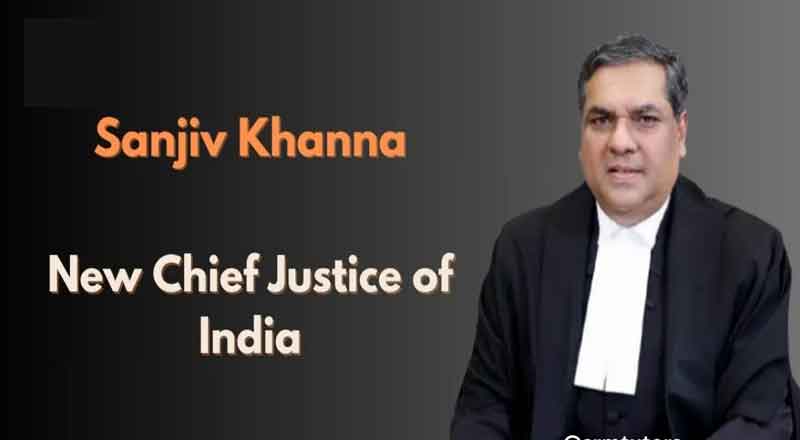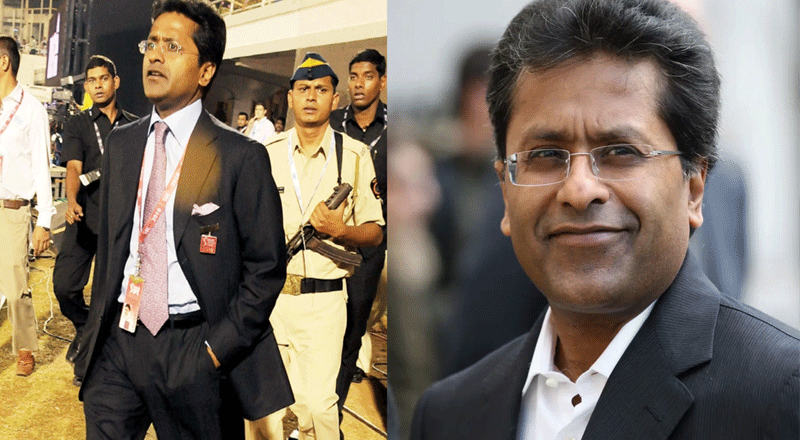In a significant transition for India’s judicial landscape, Justice Sanjiv Khanna was sworn in as the 51st Chief Justice of India on Monday, taking over from Justice DY Chandrachud, who retired from the post just a day earlier. At a ceremony held in Rashtrapati Bhavan, President Droupadi Murmu administered the oath to the 64-year-old Justice Khanna, marking the beginning of a six-month tenure in India’s highest judicial office. Justice Khanna, widely recognized for his work on the Constitution Bench and his influence on critical decisions, will retire on May 13, 2025, leaving a legacy shaped by notable judgments and a dedication to justice.
Distinguished Attendees and Acknowledgements
The oath-taking ceremony was attended by prominent figures, including Vice-President Jagdeep Dhankhar, Prime Minister Narendra Modi, and Defence Minister Rajnath Singh. The presence of his predecessor, former Chief Justice DY Chandrachud, underscored the continuity and respect within the judicial institution. Justice Chandrachud leaves behind a legacy of integrity, and Justice Khanna’s appointment is expected to further this tradition while introducing his distinctive perspectives to India’s legal system.
A Legacy Rooted in Judicial Excellence
Born and raised in Delhi, Justice Khanna’s career and personal background are deeply intertwined with India’s judicial history. An alumnus of Modern School Barakhamba Road and St. Stephen’s College, he pursued law at Delhi University’s Campus Law Centre. His family’s connection to the judiciary runs deep; his father, Justice Dev Raj Khanna, served as a judge on the Delhi High Court, while his uncle, Justice Hans Raj Khanna, holds a place of reverence for his dissenting judgment during India’s Emergency era. Justice Hans Raj Khanna’s courageous stance, emphasizing personal liberty over state power, is a milestone in Indian judicial history, and his legacy has undoubtedly influenced Justice Sanjiv Khanna’s own views on law and justice.
Career Milestones and Landmark Judgments
Justice Khanna began his career as a lawyer and was appointed as a judge in the Delhi High Court in 2005. He advanced to the Supreme Court in 2019, where he quickly established a reputation for his keen understanding of constitutional law. During his nearly six-year tenure, Justice Khanna has been involved in several landmark cases that have shaped India’s legal framework and social order.
Notably, he was part of the bench that upheld the revocation of Article 370, a significant judgment that removed Jammu and Kashmir’s special status, integrating it more closely with the rest of India. Justice Khanna also participated in the recent Constitutional Bench ruling that declared the Electoral Bond Scheme unconstitutional, addressing concerns over transparency in political funding. Additionally, he authored a crucial ruling that empowered the Supreme Court to directly grant divorce under Article 142 of the Constitution in cases where marriages had irretrievably broken down.
Upholding Democratic Values and Constitutional Rights
Justice Khanna’s judgments reflect a commitment to maintaining democratic values, transparency, and the sanctity of individual rights. His role in upholding the sanctity of Electronic Voting Machines (EVMs) reaffirmed trust in India’s democratic processes. By ruling on controversial and consequential cases, Justice Khanna has demonstrated an inclination toward both progressive reforms and safeguarding democratic institutions. His decisions underscore a balanced approach that weighs the rights of individuals against state imperatives, a judicial philosophy reminiscent of his family’s enduring legacy.
A Vision for Justice and Reform
Justice Sanjiv Khanna’s appointment as the Chief Justice of India brings both continuity and fresh vision to the judiciary. His brief tenure of six months will nonetheless be crucial in steering the Supreme Court through pivotal cases and reforms, potentially impacting India’s judicial landscape for years to come. With a profound respect for constitutional principles and a dedication to upholding democratic integrity, Justice Khanna’s leadership promises to strengthen the foundations of justice and liberty in India, paving the way for a more transparent, fair, and inclusive judicial system.
(With inputs from agencies)





